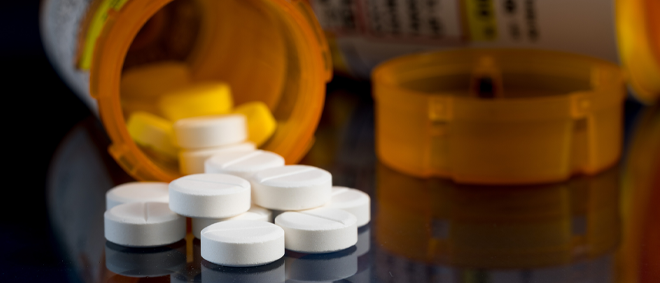Connecticut is the latest state to join the efforts of jurisdictions such as Oregon, Nevada, Washington D.C., and the City of Chicago, Illinois, in further regulating the activities of pharmaceutical representatives. In June, Governor Ned Lamont signed into law “An Act Protecting Patients and Prohibiting Unnecessary Health Care Costs” (the “Act”), which imposes new registration, reporting, and disclosure requirements on pharmaceutical representatives in the State of Connecticut. The Act builds on Governor Lamont’s policy initiatives, which aim to improve the delivery of care and reduce healthcare costs for Connecticut residents and includes the initiative to regulate pharmaceutical marketing practices. The Act sets forth certain requirements for pharmaceutical manufacturers and “pharmaceutical representative(s)” which remain subject to further clarification based on any forthcoming guidance and regulations from the Connecticut Department of Consumer Protection (“CT DCP”).Continue Reading Connecticut Follows in the Footsteps of Other Jurisdictions Requiring Registration of Pharmaceutical Representatives





